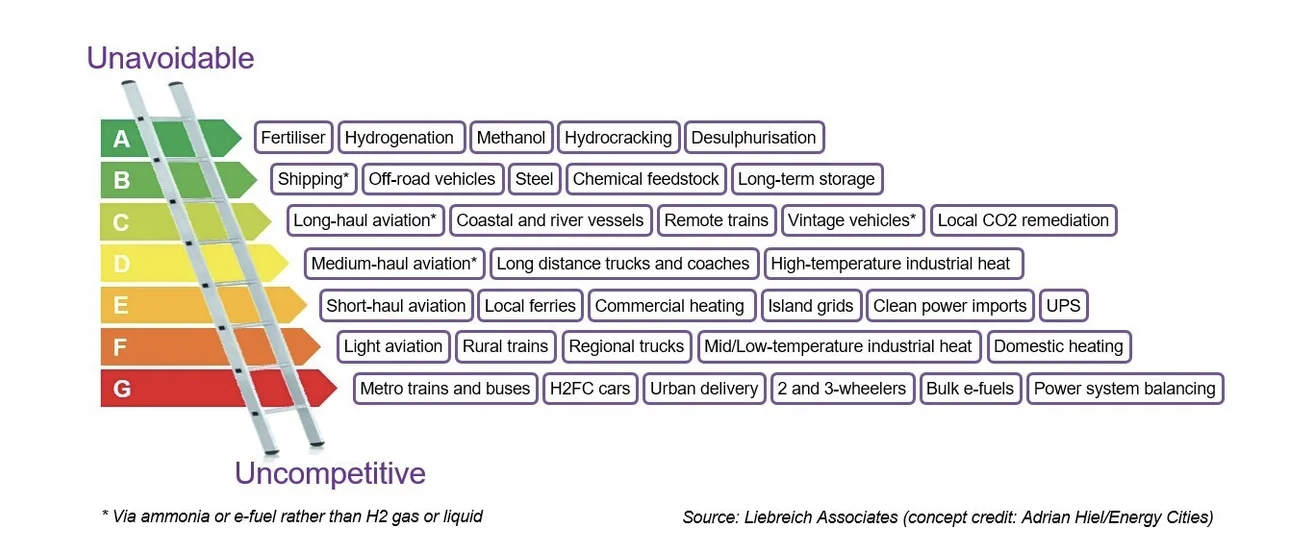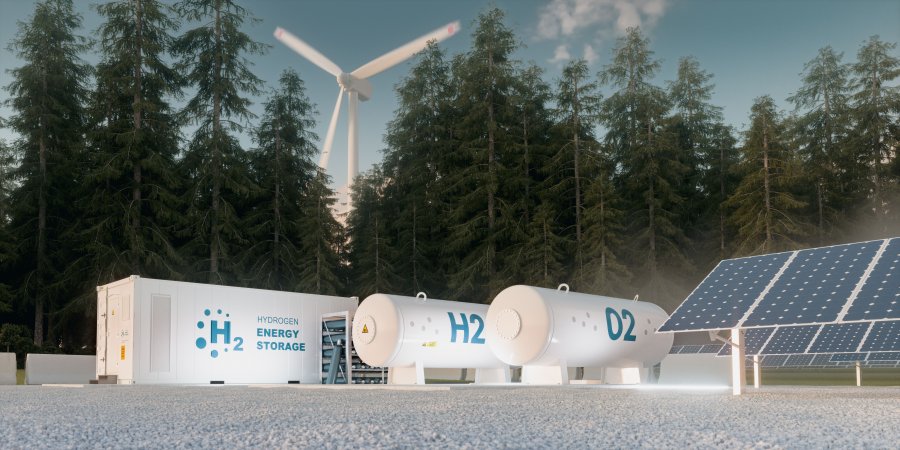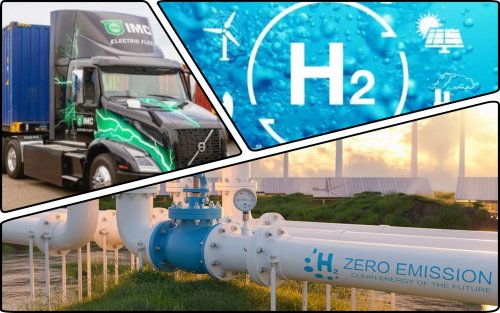In the US, the utility company Florida Power & Light launched a 25 MW green hydrogen hub and will feed the network with a mixture of H2 and fossil gas.
A number of experts have criticized the initiative as wasteful and inefficient in the use of green energy, as well as a possible cover-up for investment in new fossil gas-fired power plants, reports Canary Media.
It is noted that this project is one of the first attempts by an American energy company to reduce emissions. The project is part of FPL parent company NextEra's decarbonization efforts toward zero emissions by 2045.
However, a number of energy experts have criticized the conversion of green energy to hydrogen only to then use that hydrogen to generate electricity. This will lead to significant energy losses, and hydrogen is better used for other purposes, in particular in industry.
The material explained that 50-80% of energy is lost during the production and burning of green hydrogen. In addition, the efficiency of modern generators reaches 64% and 35-42% for older models. And lithium-ion batteries can store excess green energy for hours with an efficiency of 80-85%.
"If clean electricity cannot be used in its original form, it is almost always better to avoid the wasteful process of using it to produce hydrogen for further electricity generation," said Michael Liebreich, chairman of Liebreich Associates and founder of BloombergNEF.
According to energy experts, the U.S. will need millions of tons of low- or zero-carbon hydrogen to replace the millions of tons of fossil-gas-derived gray hydrogen currently used to process and make fertilizers and chemicals. Gray hydrogen is also used to fuel heavy industry, including shipping, aviation, steel and cement production.
Earlier, EcoPolitic wrote, that the US Department of Energy will allocate $47.7 million to finance 16 research and demonstration hydrogen projects.
As EcoPolitic previously reported, in Europe, a sharp increase in demand for green hydrogen is expected by about 4 million tons thanks to the Directive on renewable energy sources.





